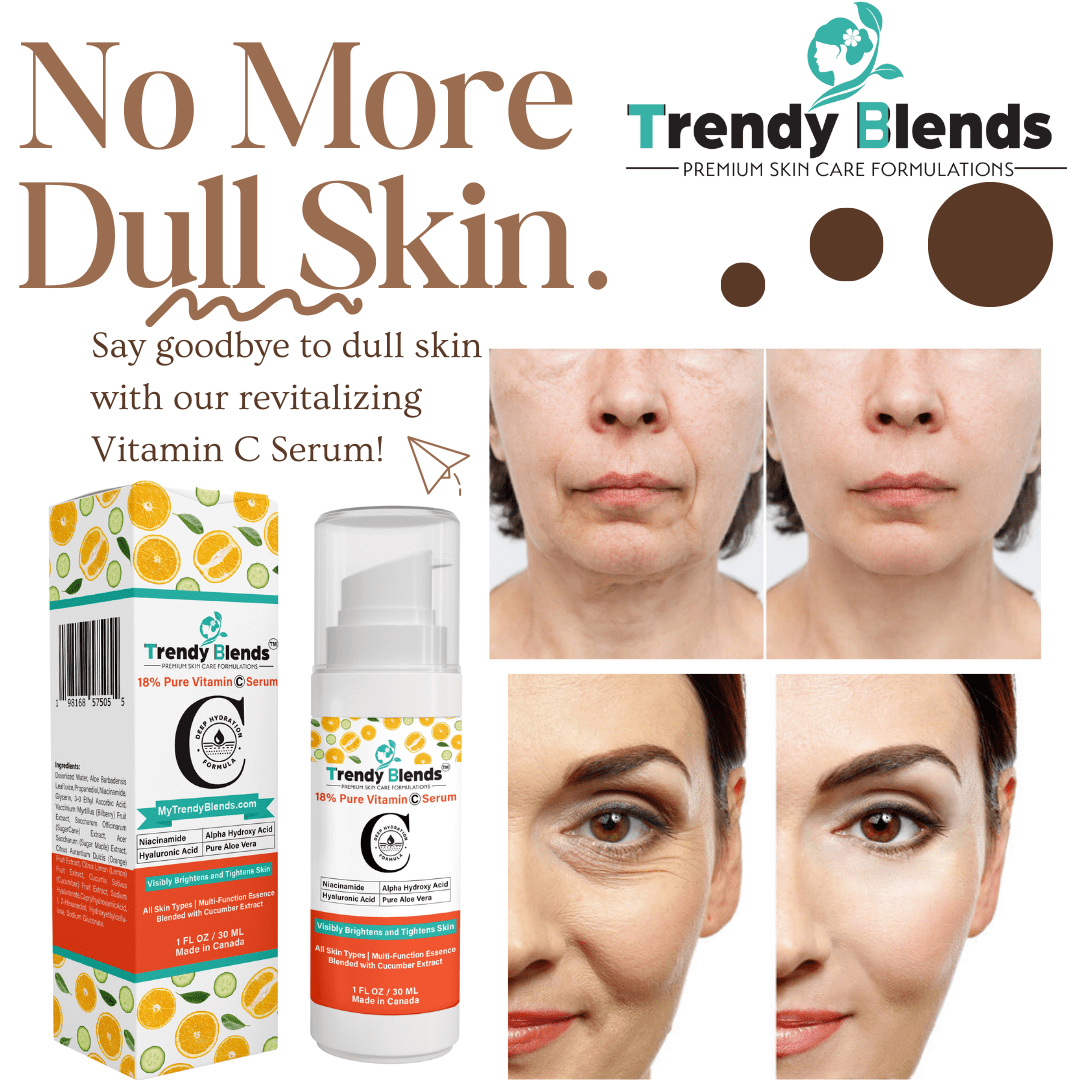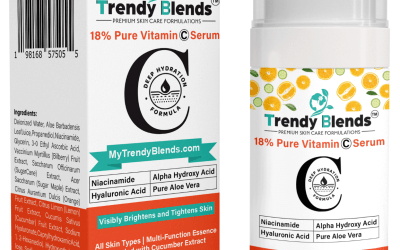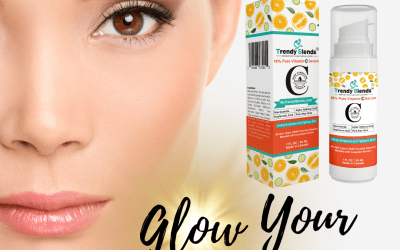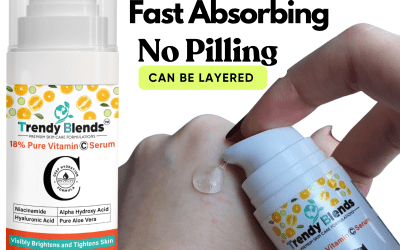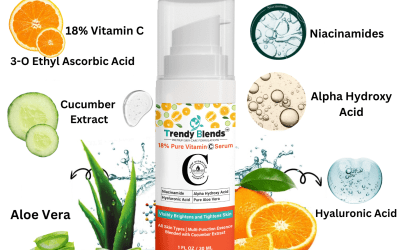What are the 4 basics of Skincare?
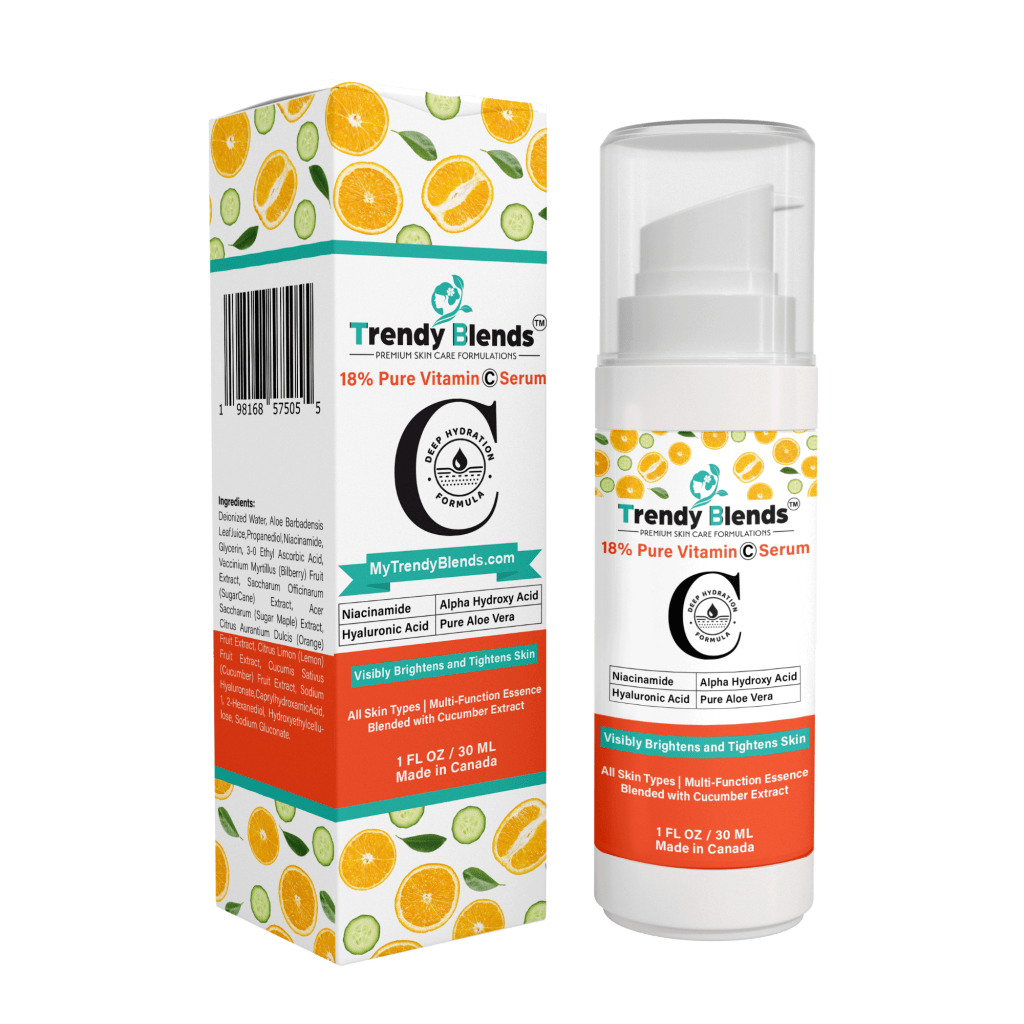
What are the 4 Basics of Skincare?
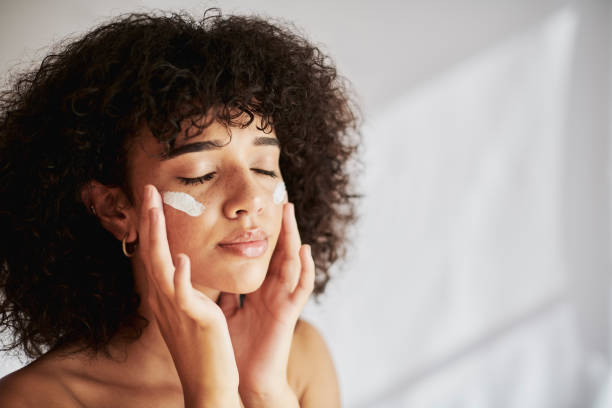
In an era where the beauty and skincare industry are flourishing, understanding the fundamentals of skincare is essential for achieving and maintaining healthy skin. Among the multitude of products available, Vitamin C Serum has gained significant attention for its remarkable benefits. However, before diving into the world of serums, it’s crucial to understand the four basic components of any skincare routine. This article delves into each of these essentials, illustrating how they work together to enhance skin health.
The Four Basics of Skincare
- Cleansing
- Exfoliating
- Moisturizing
- Sun Protection
1. Cleansing
Cleansing is the foundation of any skincare routine. This process is imperative for removing dirt, makeup, oil, and impurities that accumulate on the skin throughout the day. The effectiveness of this step often depends on the choice of cleanser, which should cater to skin type—be it oily, dry, or combination.
Types of Cleansers:
- Gel Cleansers: Suitable for oily skin as they help in reducing excess oil and preventing breakouts.
- Cream Cleansers: Ideal for dry or sensitive skin, providing hydration while cleansing the skin.
- Foaming Cleansers: Great for combination skin, balancing oiliness while ensuring a deep clean.
2. Exfoliating
Exfoliation is crucial for maintaining vibrant skin. It involves the removal of dead skin cells from the surface, which can otherwise lead to clogged pores and dullness. There are two main types of exfoliation: physical and chemical.
Methods of Exfoliation:
- Physical Exfoliation: Involves scrubs and brushes that manually slough off dead skin.
- Chemical Exfoliation: Utilizes acids (like AHAs and BHAs) to dissolve dead skin cells. This method is often gentler and promotes cellular turnover without harsh scrubbing.
Note: Exfoliation should be performed 1-3 times a week, depending on skin sensitivity.
3. Moisturizing
Moisturizing is key for replenishing the skin’s moisture barrier. Irrespective of skin type, everyone needs a good moisturizer to keep skin hydrated and plump. A moisturizer not only hydrates but also seals in moisture and protects against environmental pollutants.
Factors to Consider:
- Skin Type:
- Oily skin: Lightweight, oil-free gel moisturizers are ideal.
- Dry skin: Cream-based moisturizers with hydrating ingredients are best.
- Ingredients: Look for moisturizers that contain hyaluronic acid, glycerin, or ceramides for enhanced hydration.
4. Sun Protection
Sun protection is often seen as one of the most vital components of skincare. UV rays can lead to premature aging, skin cancer, and hyperpigmentation. Therefore, daily application of a broad-spectrum sunscreen with at least SPF 30 is paramount.
| Skin Type | Recommended Sunscreen Type | Key Ingredient(s) |
|---|---|---|
| Oily | Lightweight, oil-free | Zinc oxide, Titanium dioxide |
| Dry | Creamy, hydrating | Moisturizing components like ceramides |
| Sensitive | Mineral-based | Physical blockers like zinc, titanium |
“The best protection you can offer your skin is from the sun, not just today, but every day.” — Unknown
Incorporating Vitamin C Serum
Amidst these basics, the introduction of a Vitamin C Serum can elevate any skincare routine. Vitamin C is a powerful antioxidant that helps brighten the skin, reduce the appearance of fine lines, and even out skin tone. Here’s how to effectively incorporate Vitamin C Serum into your regimen:
- After Cleansing: Apply Vitamin C serum on clean skin before moisturizer. Allow it to absorb for a few minutes before adding the moisturizer.
- Morning Use: It’s often recommended to use Vitamin C in the morning for maximum protection against free radicals throughout the day.
- Choose Wisely: Look for serums with a concentration of 10-20% Vitamin C for optimal results.
FAQs
1. How Often Should I Exfoliate My Skin?
Exfoliating 1-3 times a week is generally effective for most skin types. Adjust frequency based on how your skin responds.
2. Can I Use Vitamin C Serum Every Day?
Yes, Vitamin C serum can be used daily, preferably in the morning. However, start slow to assess your skin’s tolerance.
3. Do I Need to Moisturize If My Skin Is Oily?
Absolutely! Oily skin still requires hydration. A lightweight, oil-free moisturizer works best.
4. What is the Best Time to Apply Sunscreen?
Sunscreen should be applied in the morning and reapplied every two hours if exposed to the sun.
Conclusion
The four basics of skincare—cleansing, exfoliating, moisturizing, and sun protection—provide a robust foundation for achieving healthy, glowing skin. When combined with a Vitamin C Serum, individuals can significantly enhance their skincare routine, paving the way for optimal skin health. With dedication, consistency, and knowledge of individual skin needs, anyone can enjoy the benefits of a thorough skincare regimen. Whether you’re embarking on your skincare journey or fine-tuning your routine, understanding these essentials will guide you toward your skin goals.

